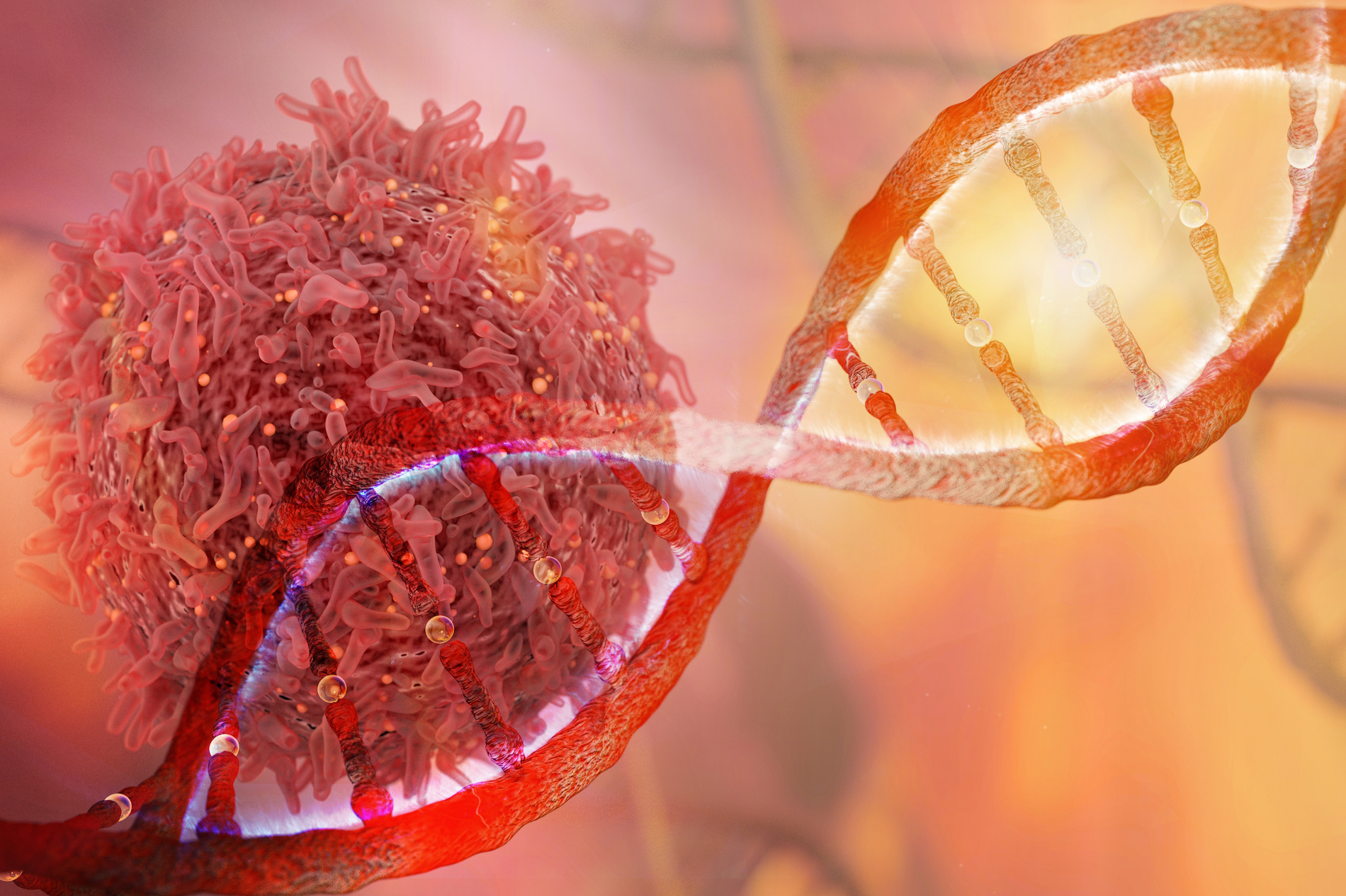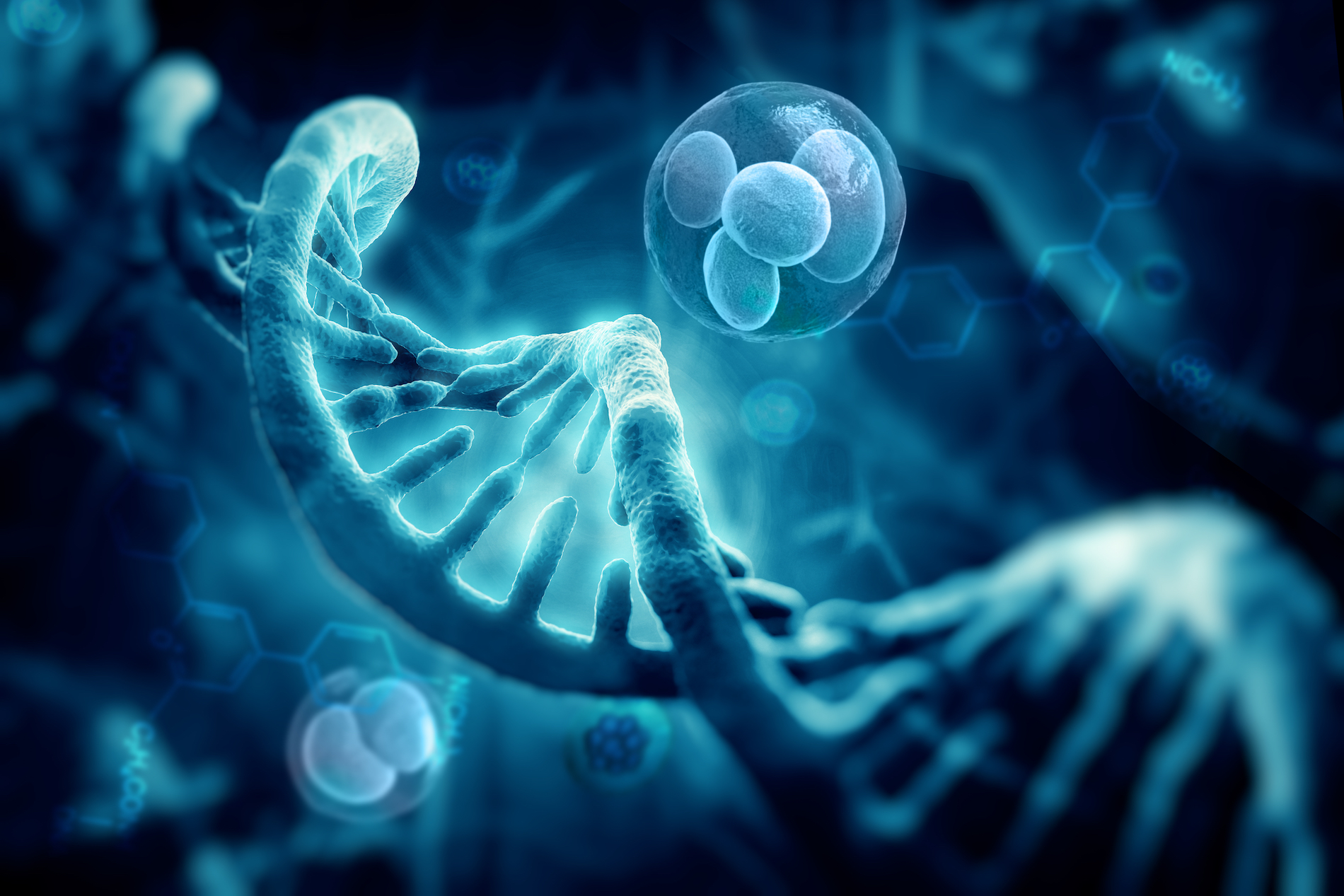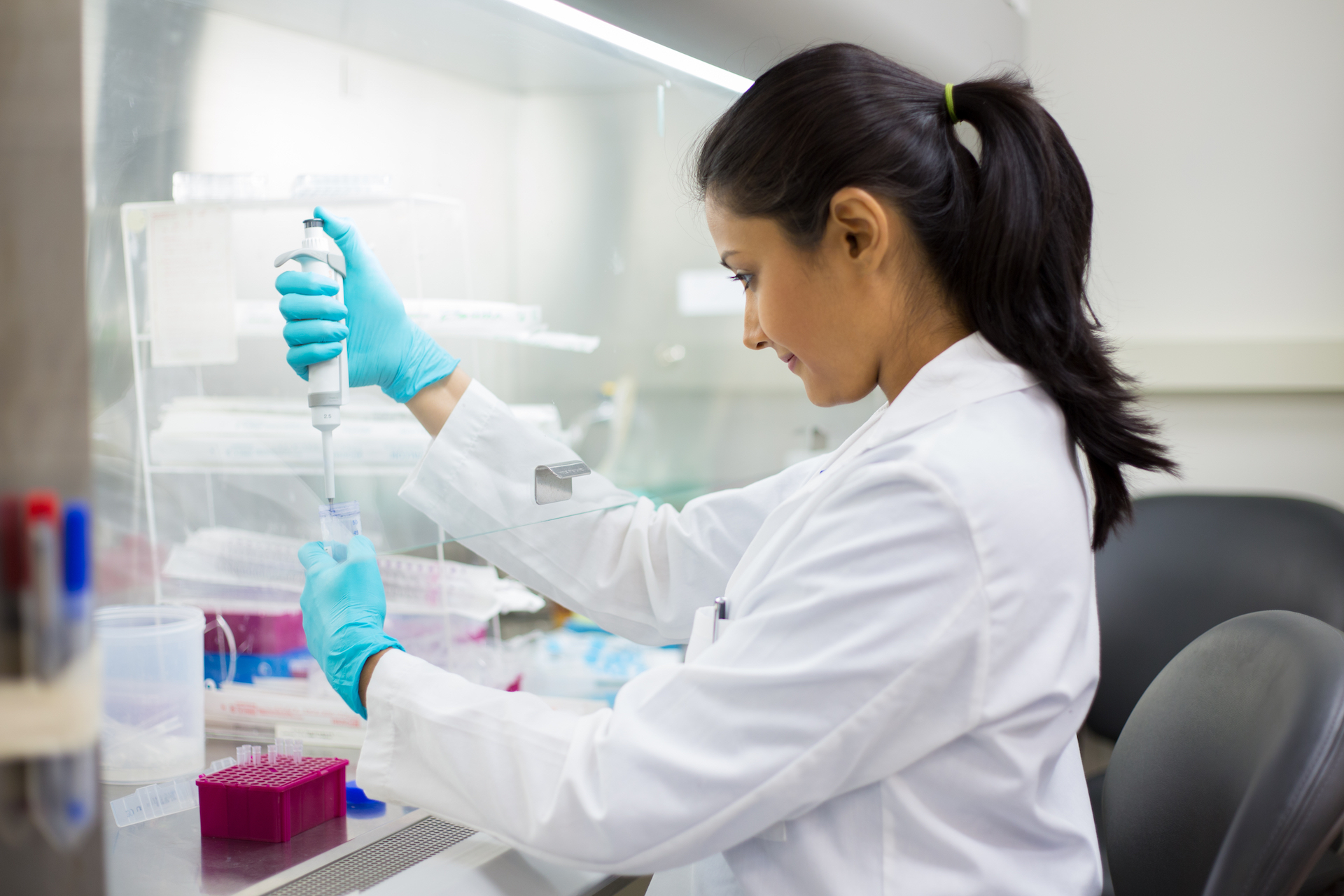Prostate Cancer: Know Your Genetic Risk
Every 3.2 minutes, a man will be diagnosed with prostate cancer. Prostate cancer can be inherited, and multiple genes may be responsible for inherited risk. Genetic testing can identify genetic mutations responsible for prostate cancer development. An individual may also receive valuable information for treatment and screening recommendations. This information also benefits family members.
Genetic testing and genetic counseling can provide further understanding of inherited cancer risks. Men should talk to their doctors to see if genetic consultation for inherited prostate cancer risk is right for them.

Family
History
Family history can indicate inherited risk for cancer. It is important to think about the history of cancer in the men and women on the mother's side and father's side of the family.
Learn More
Inherited
Cancer Risk
Cancer can be caused by a combination of genetics, environment, and lifestyle. However, some cancers are caused by changes in genes passed from generation to generation known as mutations.
Learn More
Genes
101
A gene is the basic functional unit of heredity. Genes, which are made up of DNA, give instructions to our cells to function. Humans have 20,000 - 25,000 genes.
Learn More
Genetic
Counseling
Genetic counseling involves talking with a provider or specialist trained in clinical cancer genetics to make an informed decision about genetic testing for inherited cancer risk.
Learn More
Genetic
Testing
Genetic testing involves evaluating a gene or a set of genes in a person to identify inherited genetic mutations that may lead to risk for cancer. Genetic testing can be performed on a blood or saliva sample.
Learn More
About Genetic
Test Results
Several genes are now available for genetic testing for cancer risk. These genes can confer varying degree of lifetime risk for cancers. It is important for patients to understand their genetic test results in the context of their own personal and family history.
Learn More